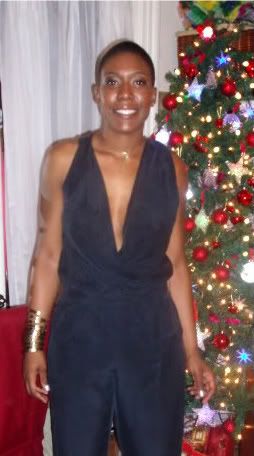
I'm going to go ahead and give the new controversial Publishers Weekly cover an (inadvertent) EPIC PASS. Whether you fall on the defending side of the cover and it's artistic play on words, or the offended side and it's suspicions of pigeon hole propaganda techniques, the fact is people are actually talking about it and talking about it in a socially relevant context.
I'm going to approach this topic as if I'm writing to an audience that has no clue about what's going on. Publishers Weekly, a niche magazine aimed at the professional writing community, recently released its Afro Picks issue featuring Felicia Pride's article African American Books in Today's Marketplace. On the issue's cover a Black woman poses with several dozen afro pic styled combs protruding from her mane. Get it? Afro Pic(k)s... (You'd have to be an idiot not to...)
Let's begin on points we all can agree. Art is subjective. It can be experienced broadly, it can be shaped and shifted contextually by a variety of outside stimuli. It can evoke various emotions simply by how it is presented to it's audience. So while on it's own the artistic merits of the "Pickin's" photograph (which was shot by Lauren Kelley and originally appeared in Posing Beauty a book by Deborah Willis) may be beautiful and compelling, it unfortunately loses it's artistic flare when it is unimaginatively juxtaposed alongside the unoriginal and uninspiring cover story title. It is hard to believe that a magazine targeted at writers and literary insiders would think of such obvious wordplay as clever.
For some it is easier to believe that the cover is a caricature of Black literature, subtly reinforcing the idea the Black literature, pro-Black (and closed fisted) in nature , is published with one segmented audience in mind. Any reinforcement of that fallacy is bad for the community at large. It stunts the ability of Black authors to reach its widest potential audience. It stunts mainstream readers, under the misinformed guise that stories of diversity are not relateable to them, from seeking diverse titles. With so much on the line it is no wonder why Black authors are unhappy with the PW Cover.
Yet still, there is another more probable reason for the Black power inspired cover - and that reason is sales. In this era of declining print revenue, capturing sales (which is in essence capturing the attention of your largest (unsubscribing) audience). It goes to reason then that PW would want to put an eye catching and easily understood picture/title combo on its cover, in hopes of enticing the attention and dollars of the random (in this instance Black) passerbyer.
Whatever the true motivation of the Publishers Weekly cover is, one thing remains true - Pride, Kelley, and Willis - three relatively obscure creative artists got a wider purview this week because of it. And so did the plight of Black authors everywhere.
Social Discussion (even via twitter) IS Activism.



